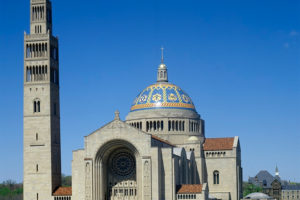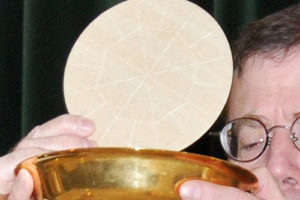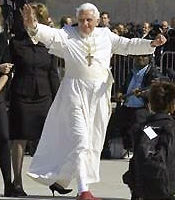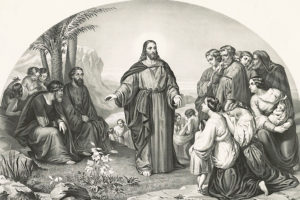CATHOLIC MASS VIDEO: Eleventh Sunday in Ordinary Time 6.17.18 – Basilica of the National Shrine of the Immaculate Conception

Catholic TV Mass for the Eleventh Sunday in Ordinary Time, June 17, 2018, from the Basilica of the National Shrine of the Immaculate Conception in Washington, D.C. [can take a moment to load] [Click here for Mass Readings] Your browser does not support iframes. [featured image is file photo]
» Read more




